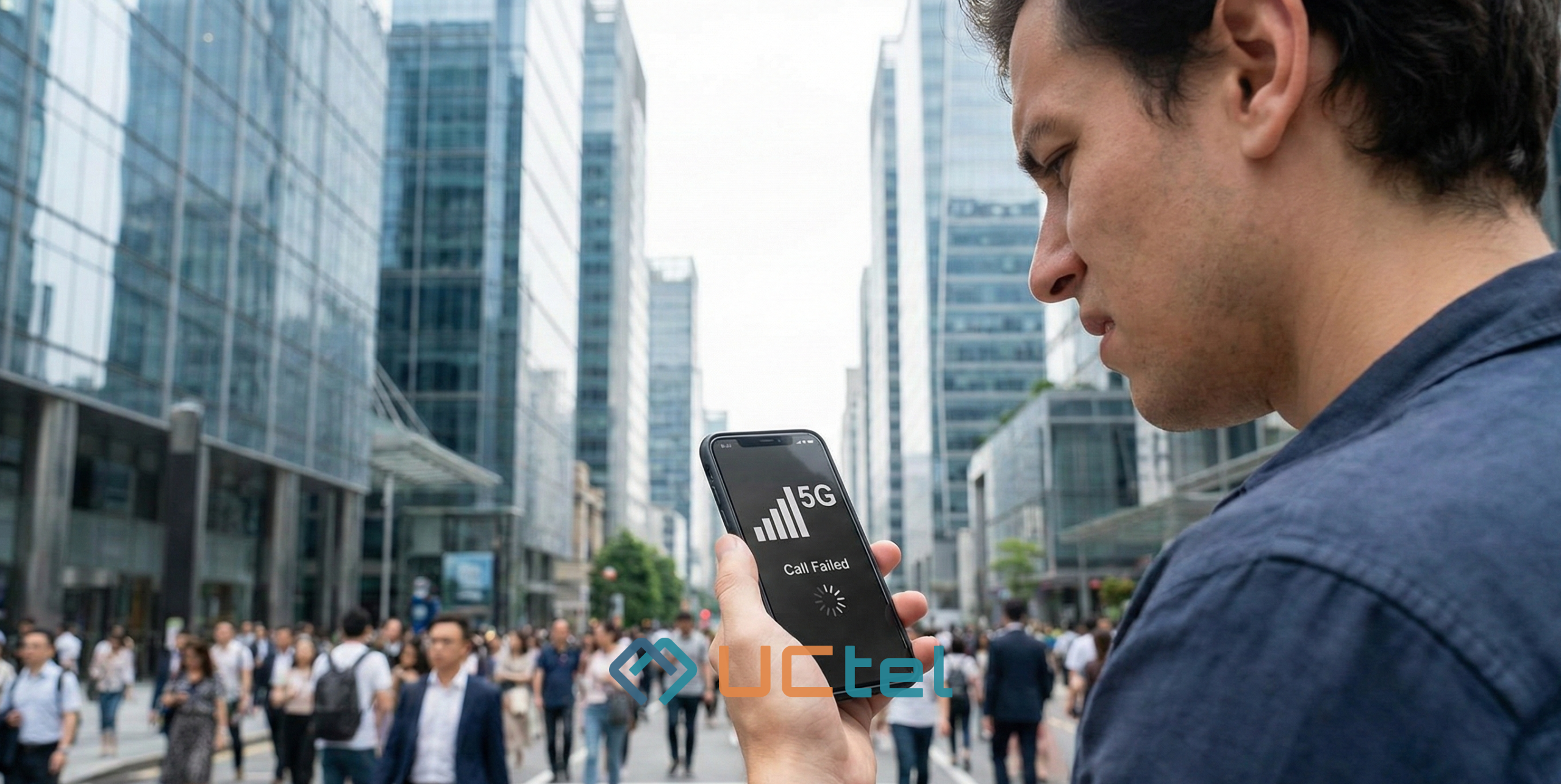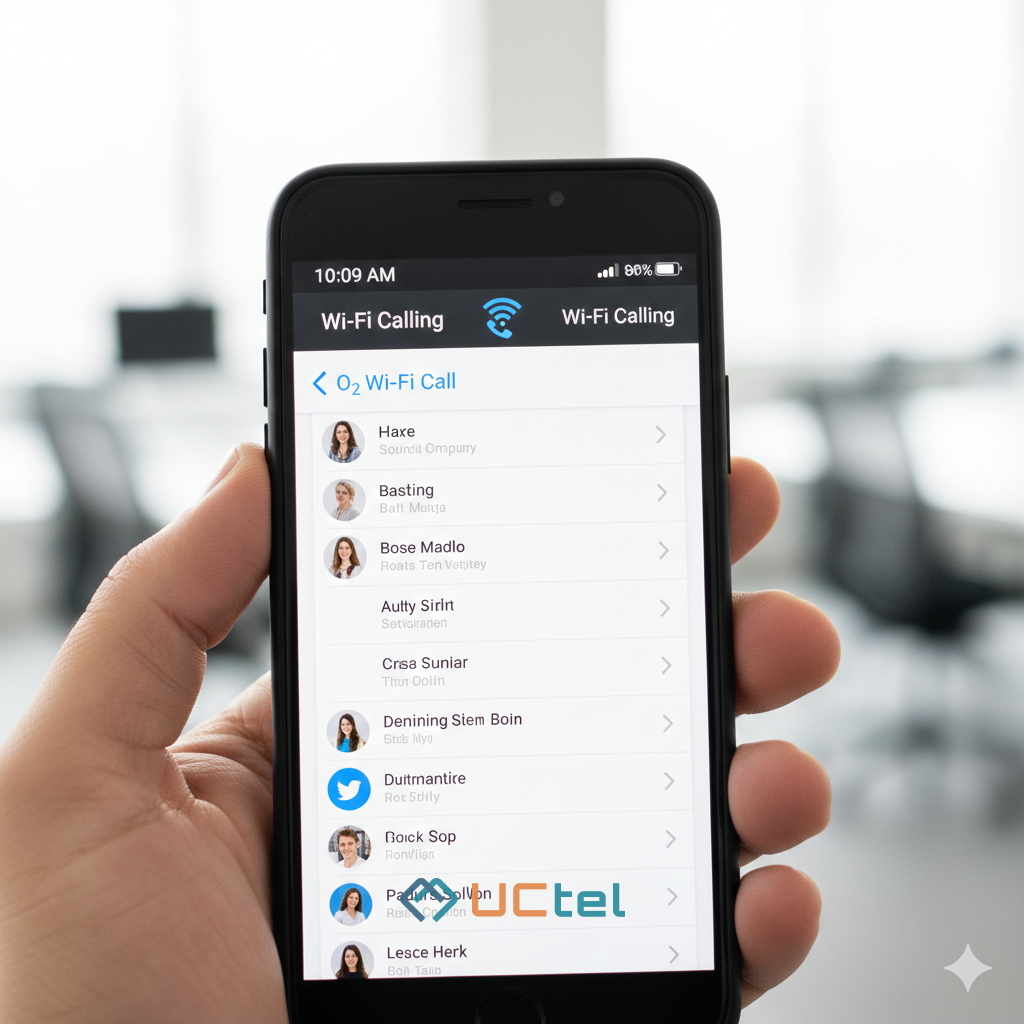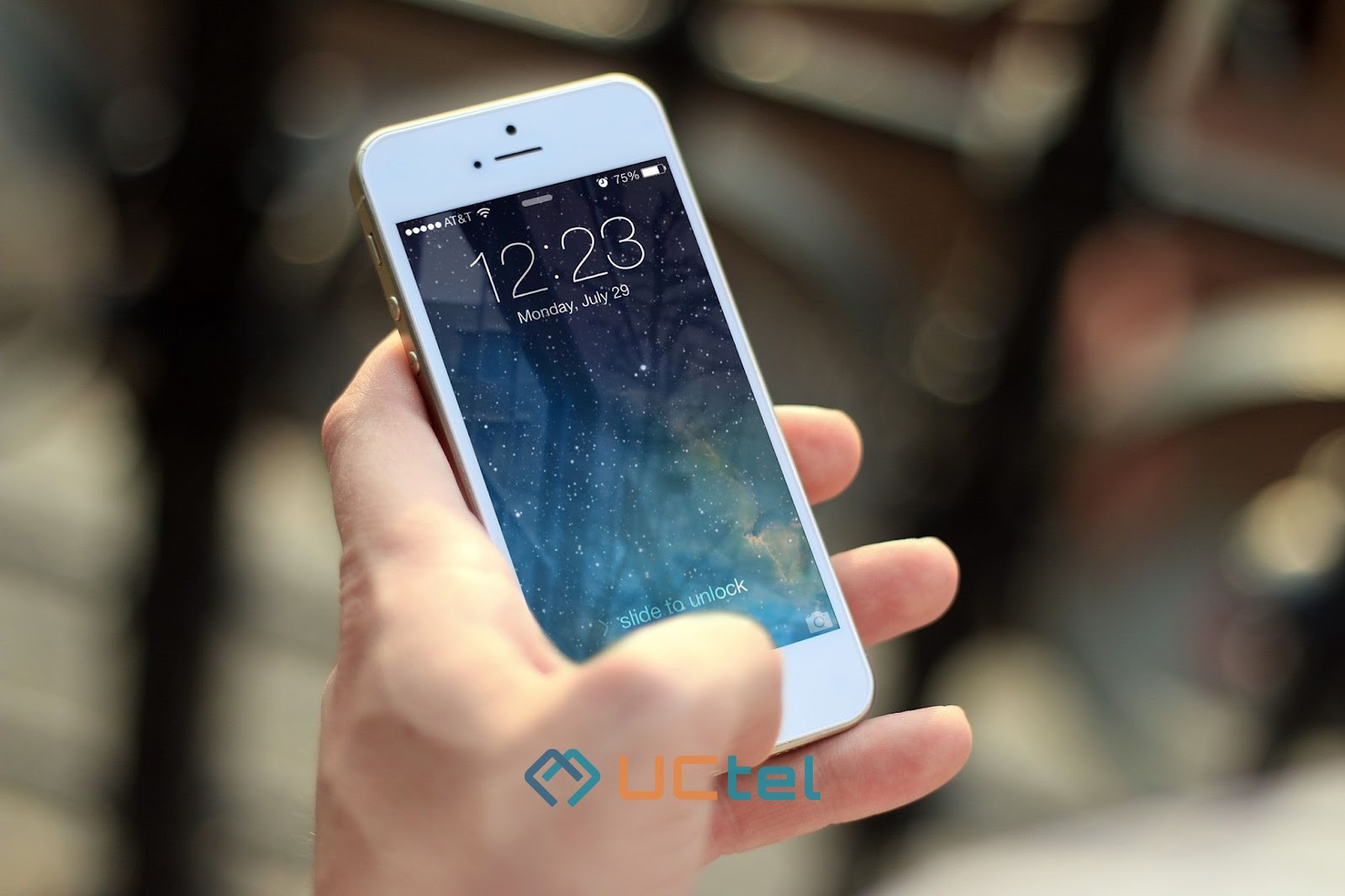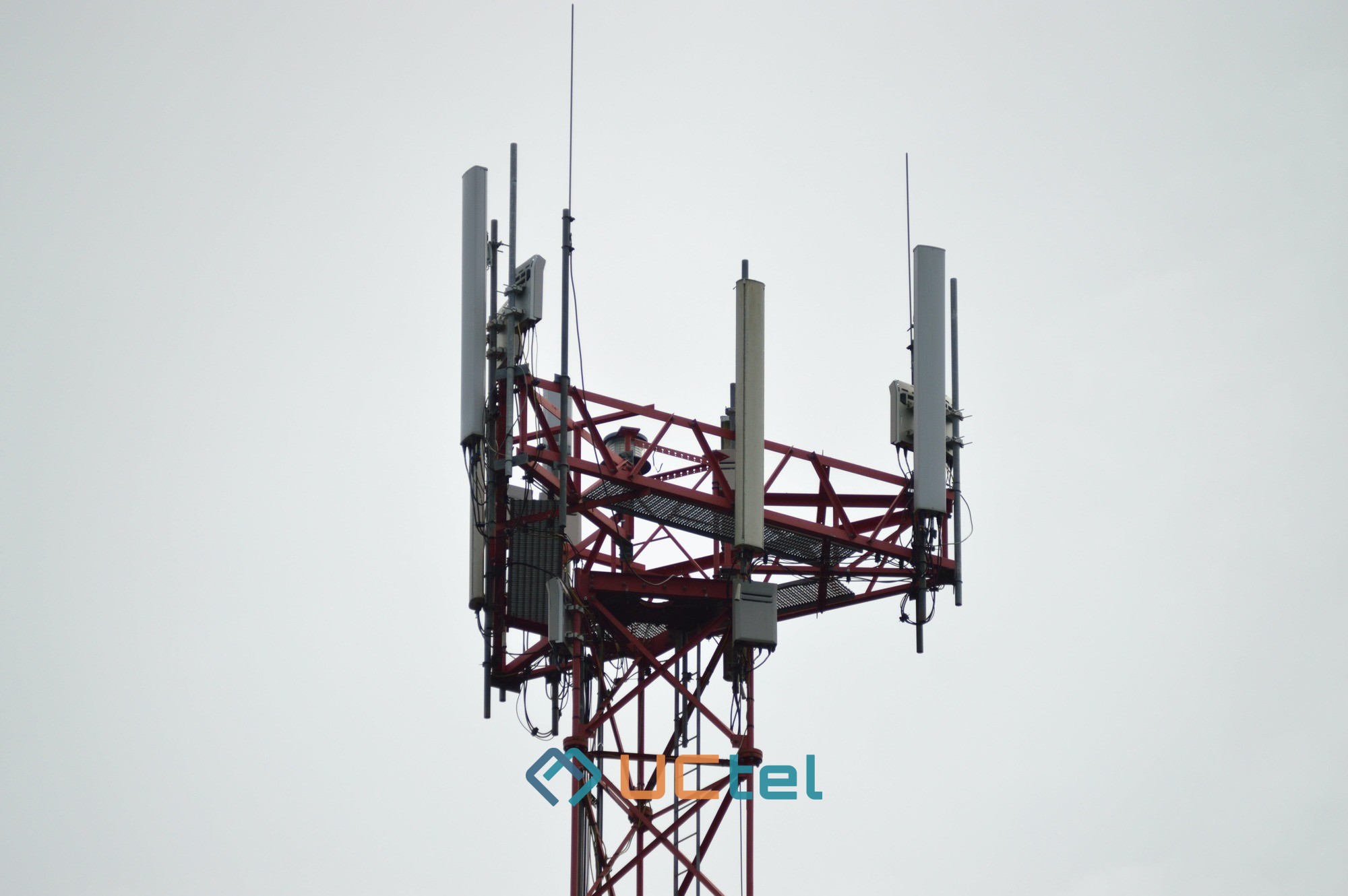
Best mobile Phone signal boosters for office buildings and commercial premises
Poor Mobile Connectivity in Offices: A Persistent Business Challenge
Poor mobile connectivity is a common issue in modern office environments, causing productivity slowdowns and communication barriers. In commercial buildings, concrete walls, metal infrastructure, and low-emissivity (low-E) glass windows often obstruct mobile signals from entering effectively.
Recent studies indicate that over 74% of office workers experience weak mobile reception at work, directly affecting their ability to perform business tasks efficiently. Installing the best mobile phone signal boosters for office spaces offers a comprehensive solution, enabling reliable communication regardless of building materials or location constraints.

Office in the UK
How Mobile Phone Signal Boosters Work and Their Core Components
Office mobile signal amplification systems use a three-stage process to capture, enhance, and distribute signals. It begins with an external antenna mounted outside the building that captures nearby mobile tower signals.
The signal then travels through coaxial cabling to an amplifier unit, which boosts the signal across multiple frequency bands. Finally, one or more indoor antennas rebroadcast the amplified signal across the office, creating stable and consistent coverage zones.
These systems function independently of Wi-Fi networks and do not require monthly subscriptions. They are compatible with all major mobile network operators, supporting both voice calls and mobile data, which ensures seamless daily business communication.
Signal Booster Technology
Modern signal boosters feature advanced gain control systems, capable of increasing signal strength by up to 100 dB, equivalent to a 5,000-fold boost. They support multiple frequency bands concurrently.
This extensive frequency support ensures compatibility with both 4G LTE and emerging 5G networks, making these devices future-ready investments for growing enterprises.
Regulations and Compliance
All legal mobile signal boosters for business use in the United Kingdom must be certified by Ofcom.
These regulations, introduced in 2014, ensure that boosters enhance reception without disrupting mobile networks. Approved systems include automatic gain control features, which help maintain stable performance even in areas where signal strength varies throughout the day.
Best Signal Boosters for Different Office Sizes
The right mobile signal booster depends mainly on your office’s total floor space and the existing external signal strength. Different models offer varying levels of indoor coverage and user capacity based on these two factors.
Small Office Solutions (Up to 1,400 Square Meters)
Smaller commercial offices can be served effectively by mid-range signal booster systems. These typically support 20 to 50 users and provide coverage for spaces between 750 and 1,400 square meters, assuming a decent outdoor signal.
Medium Office Solutions (1,400 to 3,250 Square Meters)
Medium-sized businesses require higher-capacity solutions that support between 50 and 100 devices simultaneously. These systems can cover up to 3,250 square meters and commonly include:
- Multiple indoor antennas for zoned coverage
- Stronger uplink power to enhance tower communication
- LCD displays for system diagnostics
- Manual gain controls to optimise signal based on building layout
- Expandability to accommodate future needs
Large Office and Enterprise Solutions (3,250 to 9,300+ Square Meters)
For large offices and enterprise environments, industrial-grade signal boosters are essential. These setups often use fibre-optic distribution systems to maintain signal integrity across vast areas and multiple floors.
These advanced systems can support hundreds of users simultaneously and are ideal for multi-storey buildings or facilities with complex layouts.
Key Benefits of Installing Office Signal Boosters
Implementing mobile signal enhancement technology offers clear and measurable advantages for business operations.
The most notable improvements include the elimination of dropped calls, clearer voice quality, and significantly faster data speeds. Some companies report productivity increases of up to 16% after resolving poor signal issues in the workplace.
Improved communication reliability enhances both client interactions and internal coordination. Employees experience less frustration, and the complete removal of mobile dead zones across the office enables smooth use of cloud-based tools and other mobile-reliant business functions.
Once installed, these systems incur no monthly fees and provide ongoing benefits without further operating costs.
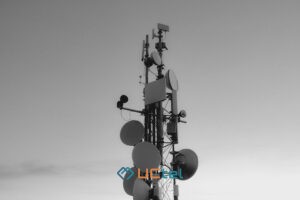
Mobile Signal
Carrier Compatibility and Device Support
Modern mobile signal boosters work universally with all major networks, regardless of carrier. This ensures seamless performance across all mobile devices, including company phones, personal smartphones, tablets, mobile hotspots, and guest devices.
No service provider discrimination occurs, meaning employees and visitors alike enjoy the same consistent signal quality.
Return on Investment and Business Case
Most businesses recover their investment within nine to eighteen months through gains in productivity and improved communication reliability.
Compared to alternatives such as distributed antenna systems, which may cost five to ten times more, mobile signal boosters provide strong value for money while avoiding ongoing subscription charges.
Factors Affecting Signal Booster Performance
Several key variables influence the effectiveness of any signal enhancement solution. The most important is the strength of the outdoor signal as it is impossible to amplify what is not there. Building materials are another major consideration.
Concrete, steel, and energy-efficient window glass are known to interfere with mobile signal transmission.
- Metal roofing can reduce signal strength by up to 32 dB
- Concrete walls typically attenuate signals by 10 to 15 dB per wall
- Low-E glass windows may block 30 to 40 dB of signal
- Underground or basement offices face natural reception challenges
- Dense urban areas cause congestion on nearby towers
Signal Strength Measurement
Professional installers use tools to measure signal strength in decibel-milliwatts (dBm), with readings typically ranging from -50 dBm (excellent) to -120 dBm (barely usable).
While signal bars on phones offer a rough idea, dedicated mobile signal testing apps provide more accurate diagnostics, helping businesses select the right equipment.
Advanced Features and Support Options
High-quality mobile signal boosters often include intelligent monitoring tools such as LCD displays or smartphone apps.
These features allow IT teams to monitor performance, adjust gain levels, and troubleshoot issues without the need for third-party support. Most systems include a two to three-year warranty and offer technical assistance from experienced support staff.
- Remote monitoring via web platforms or Bluetooth
- Automatic shutdown protection in case of oscillation
- Manual band filtering for custom optimisation
- Multi-network support with independent gain controls
- Expandable designs that accommodate future growth
Scalability and Future-Proofing
The most valuable systems offer modular architecture, allowing businesses to scale coverage as needs evolve.
With 5G networks expanding rapidly, selecting boosters that support a wide frequency range ensures long-term reliability. This means your investment remains effective without needing full replacement when network technology advances.
UCtel specialises in providing reliable mobile signal repeaters for offices, warehouses, and commercial premises. Contact us today to find the right solution for your space.



